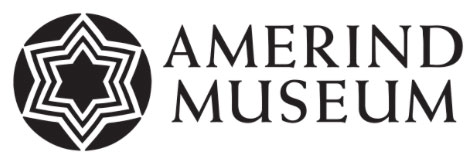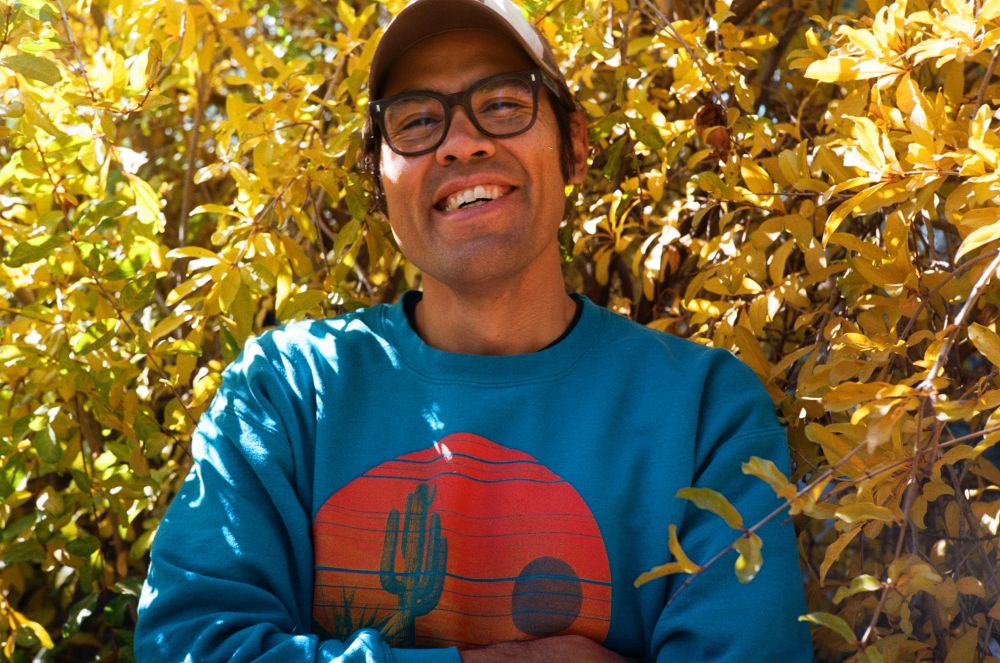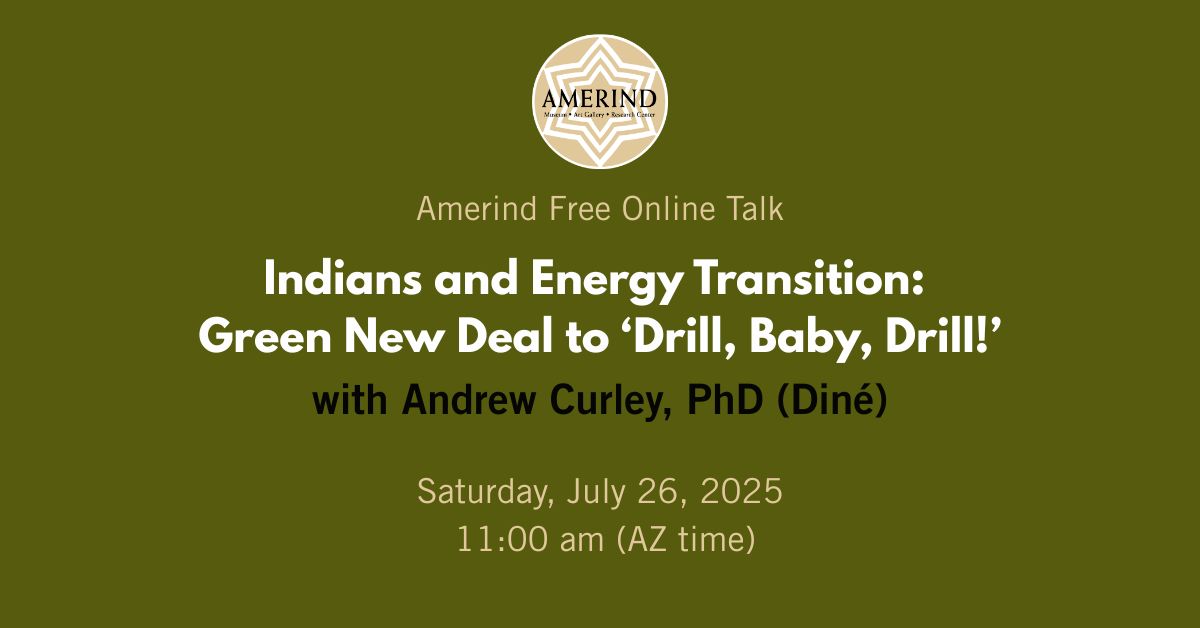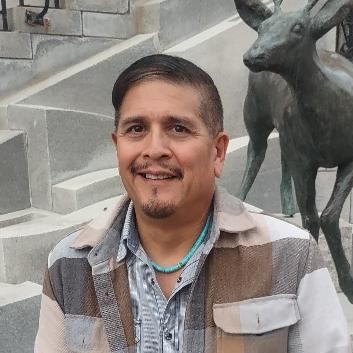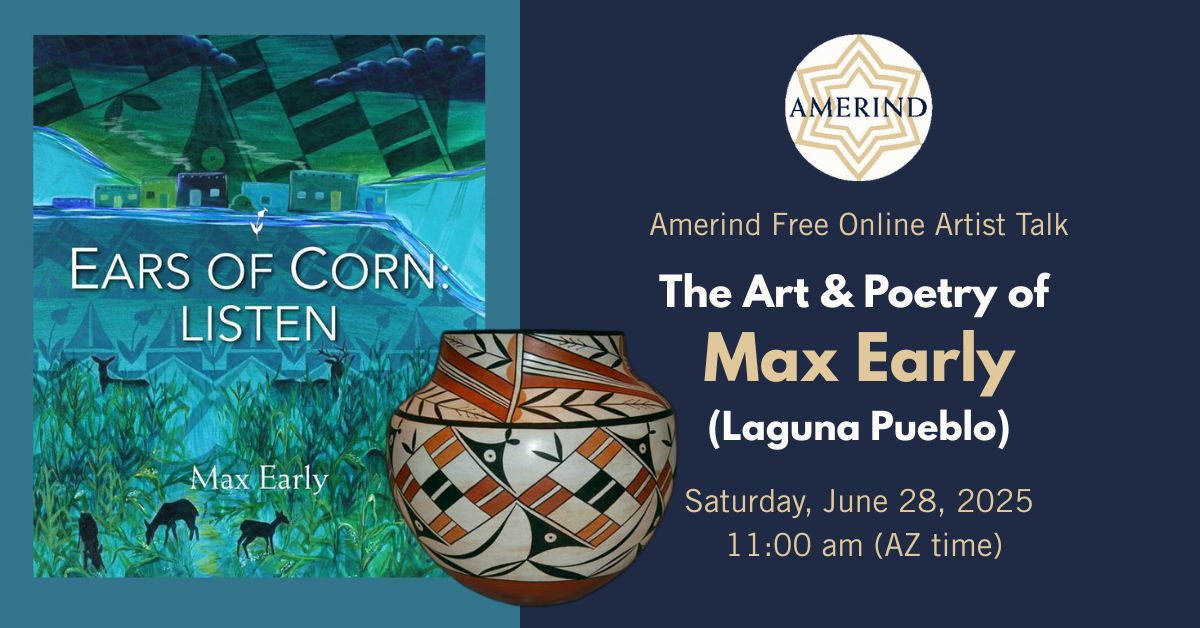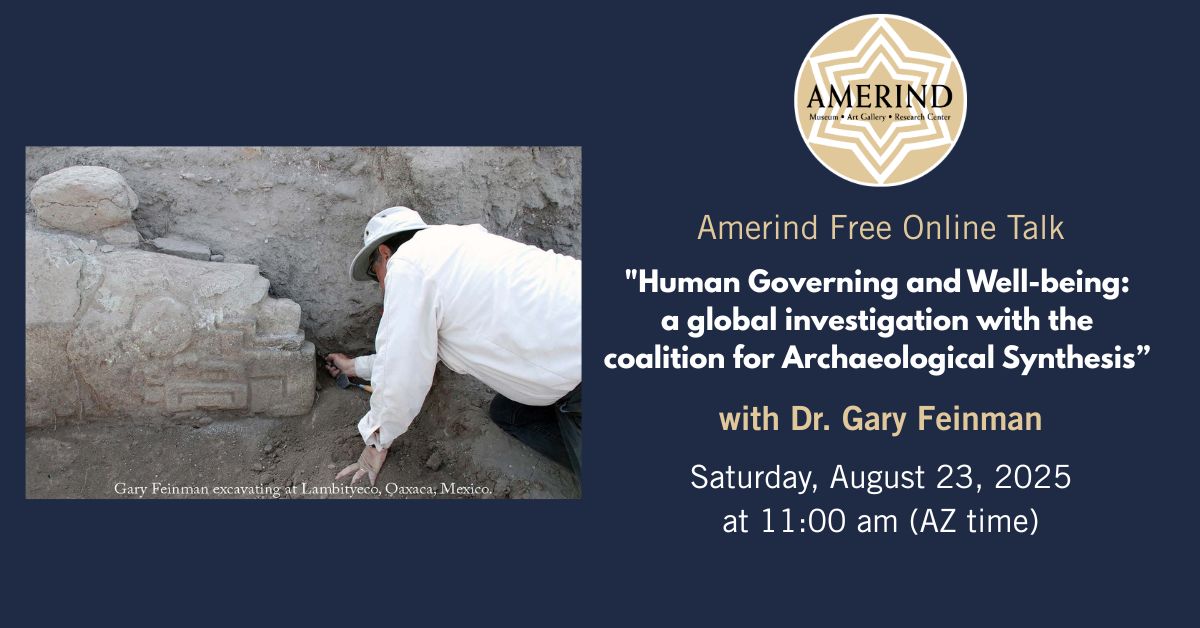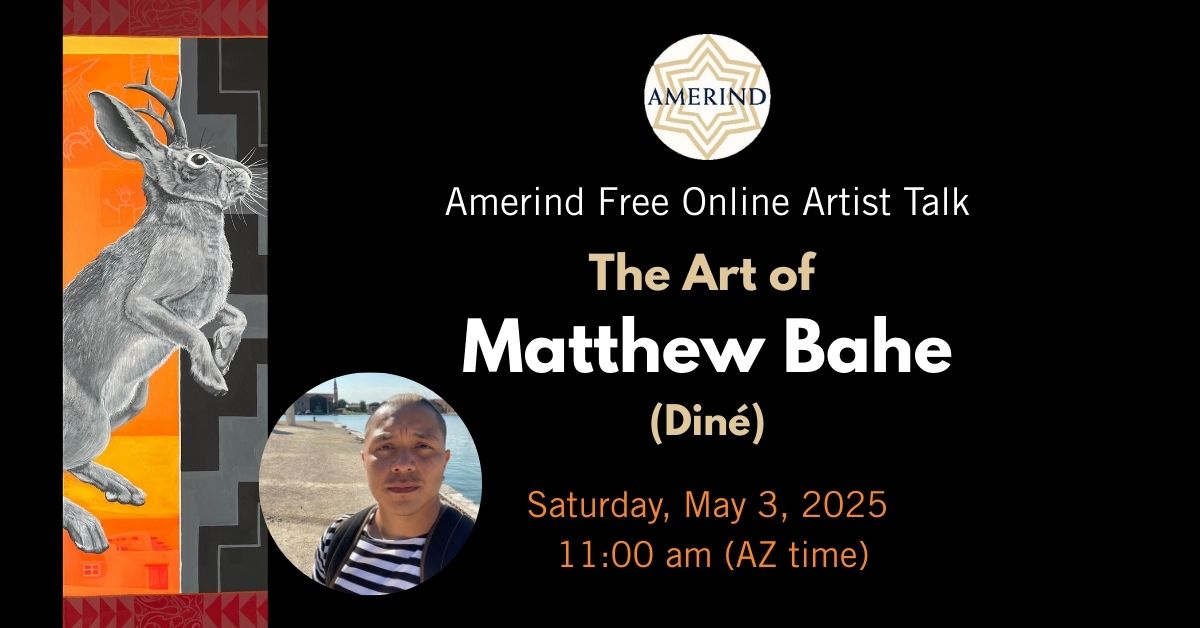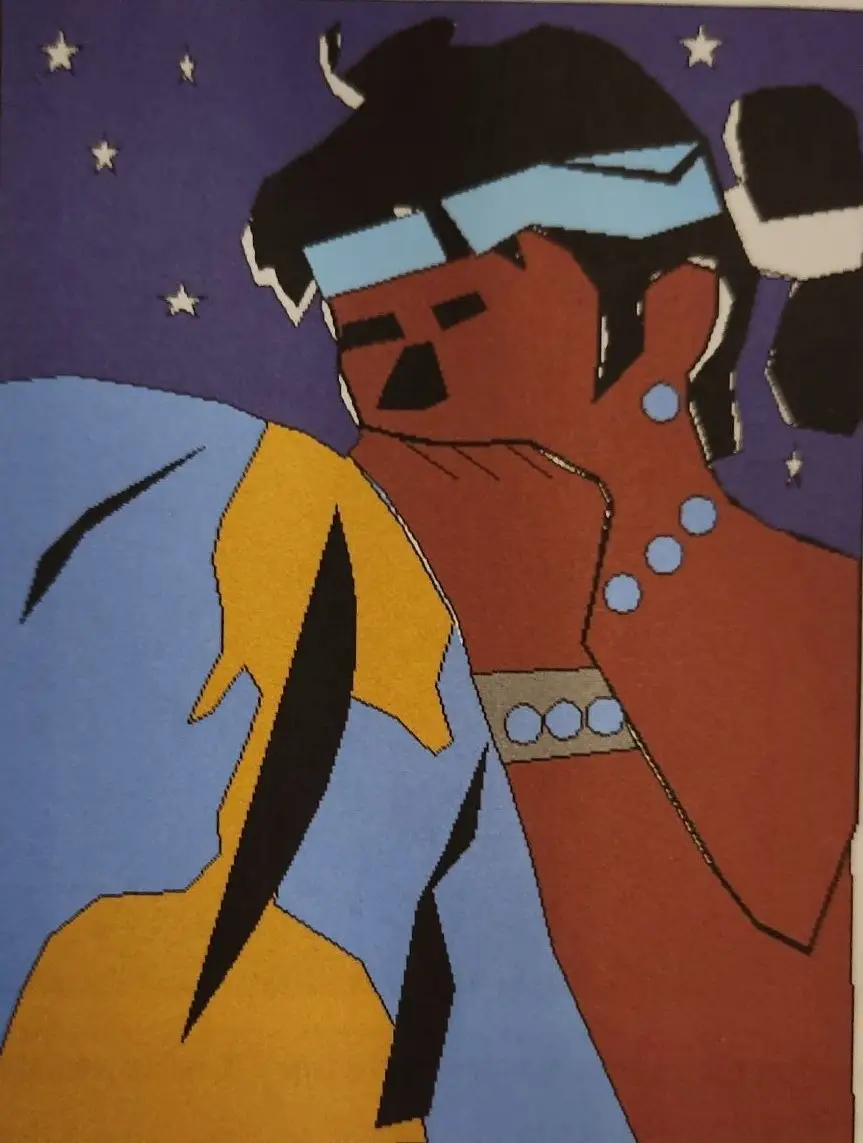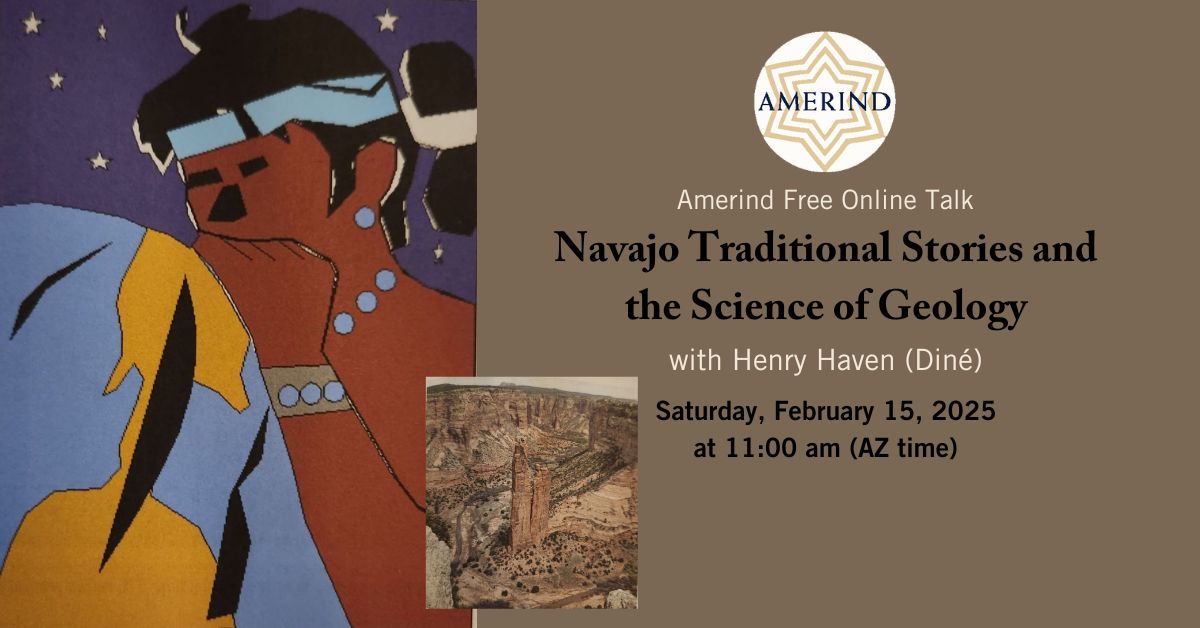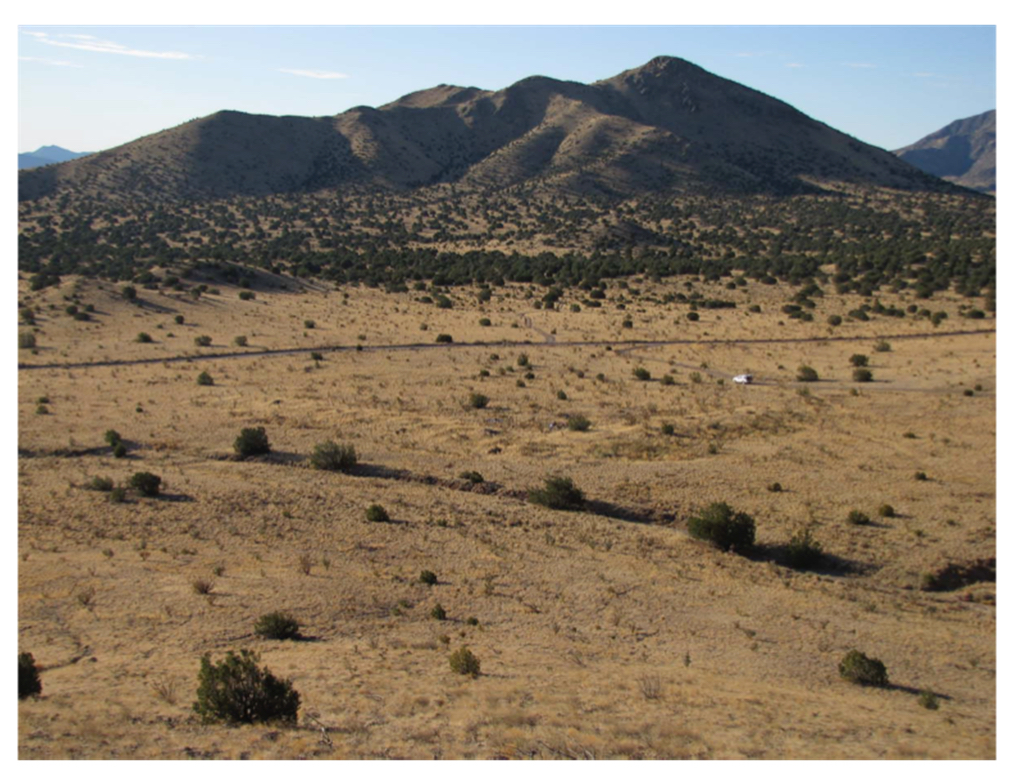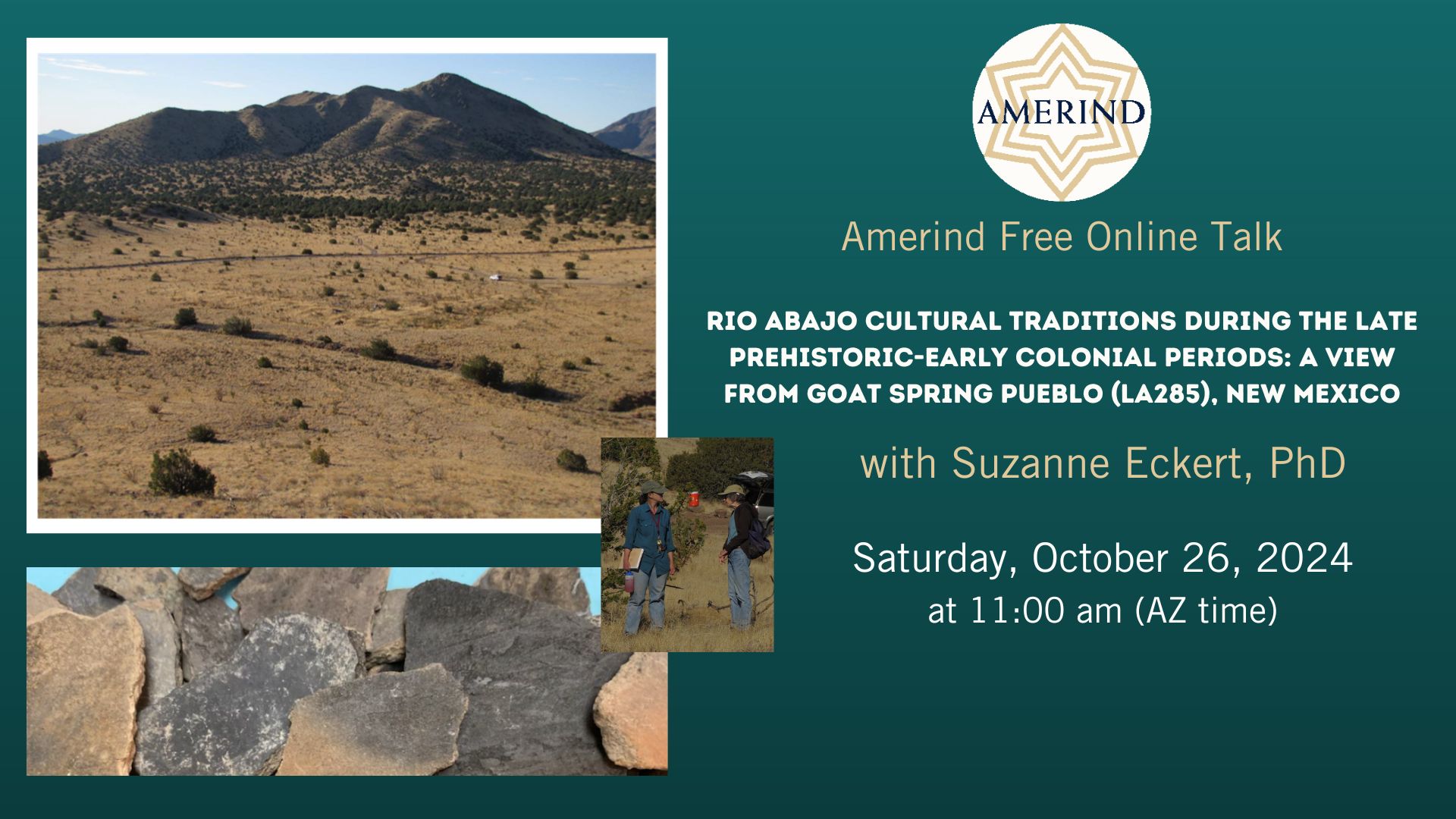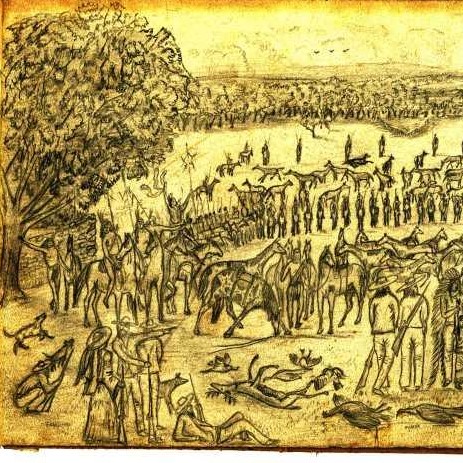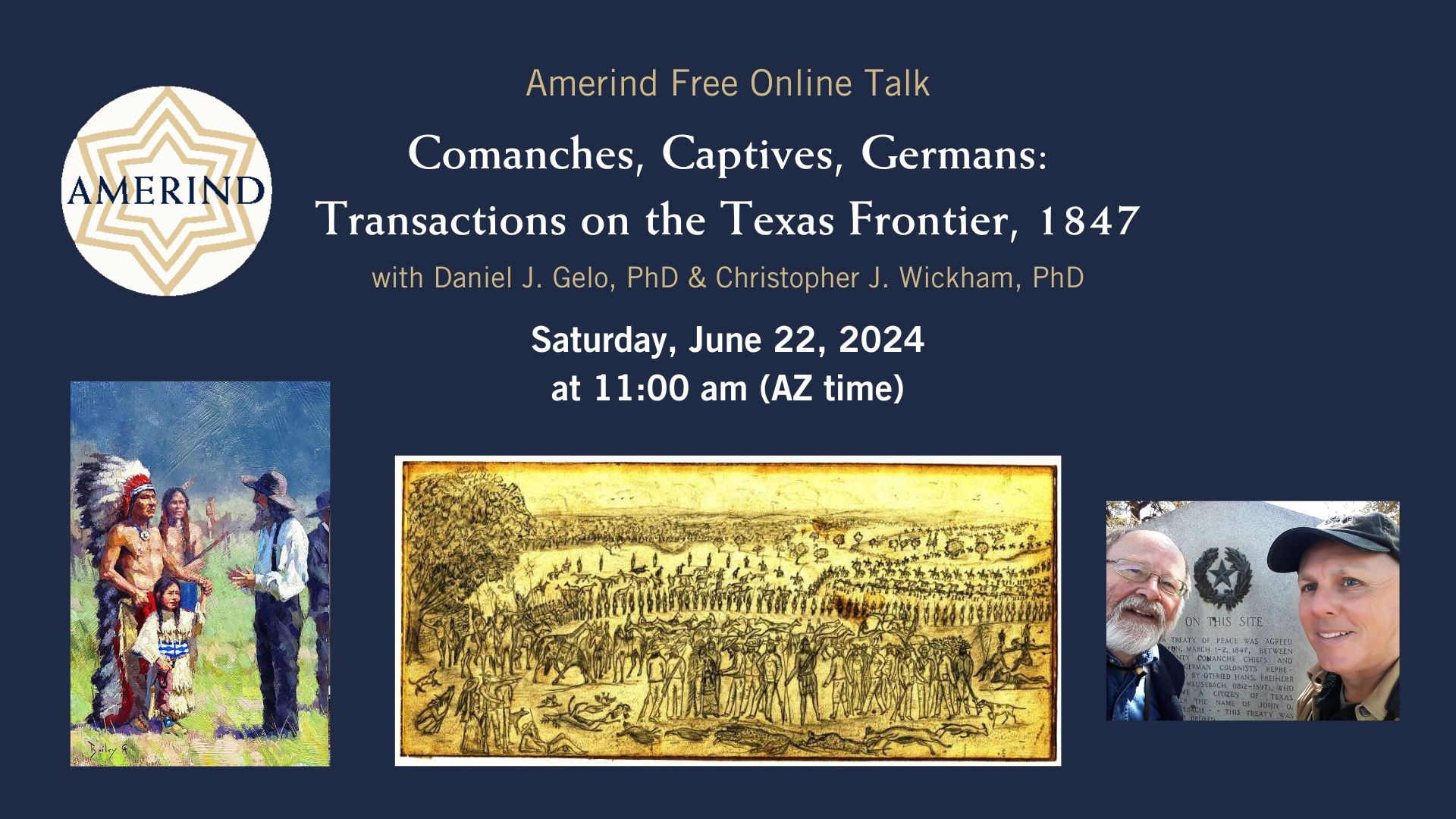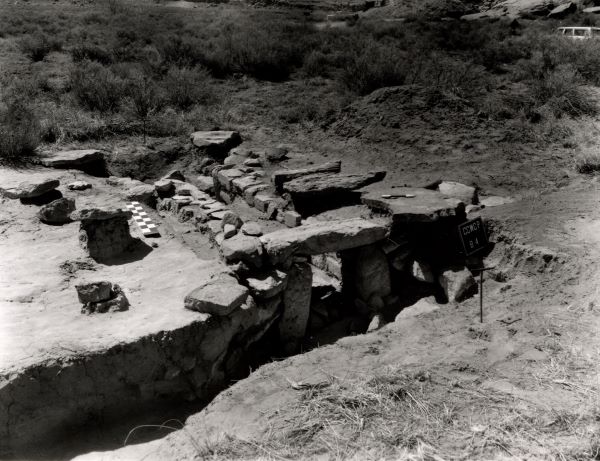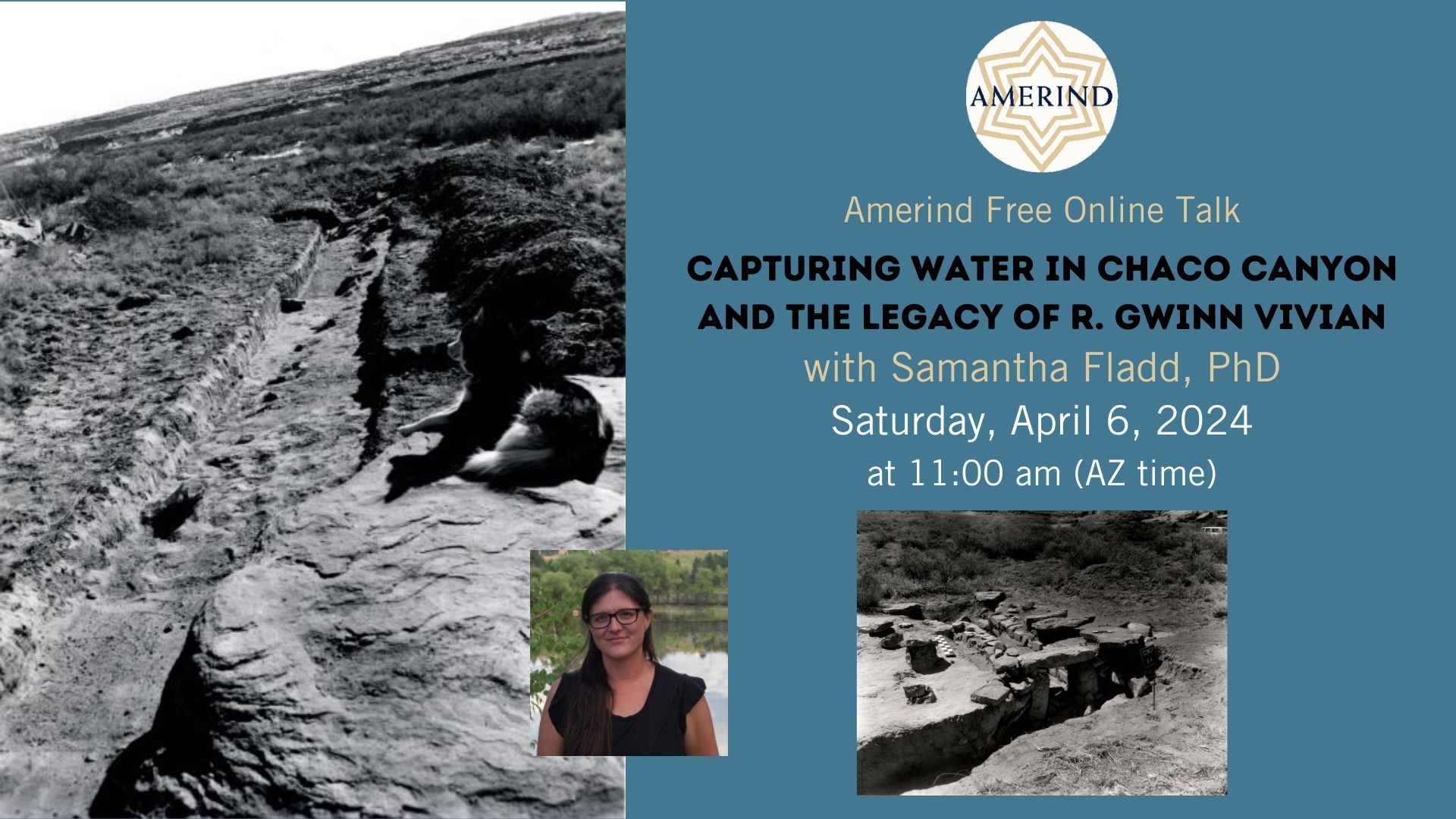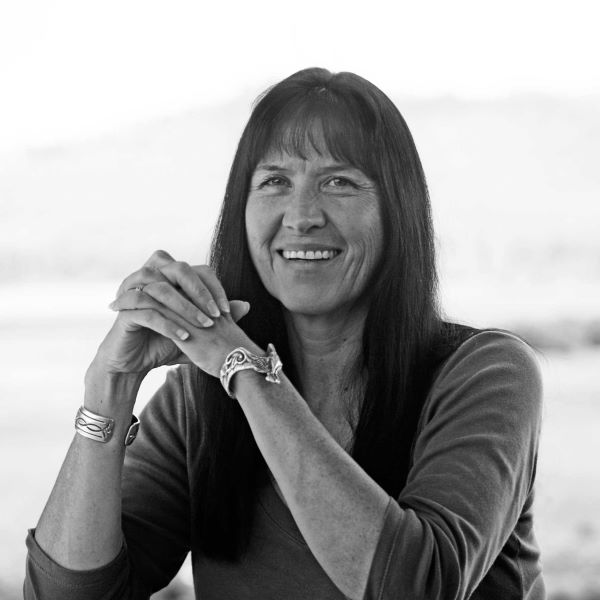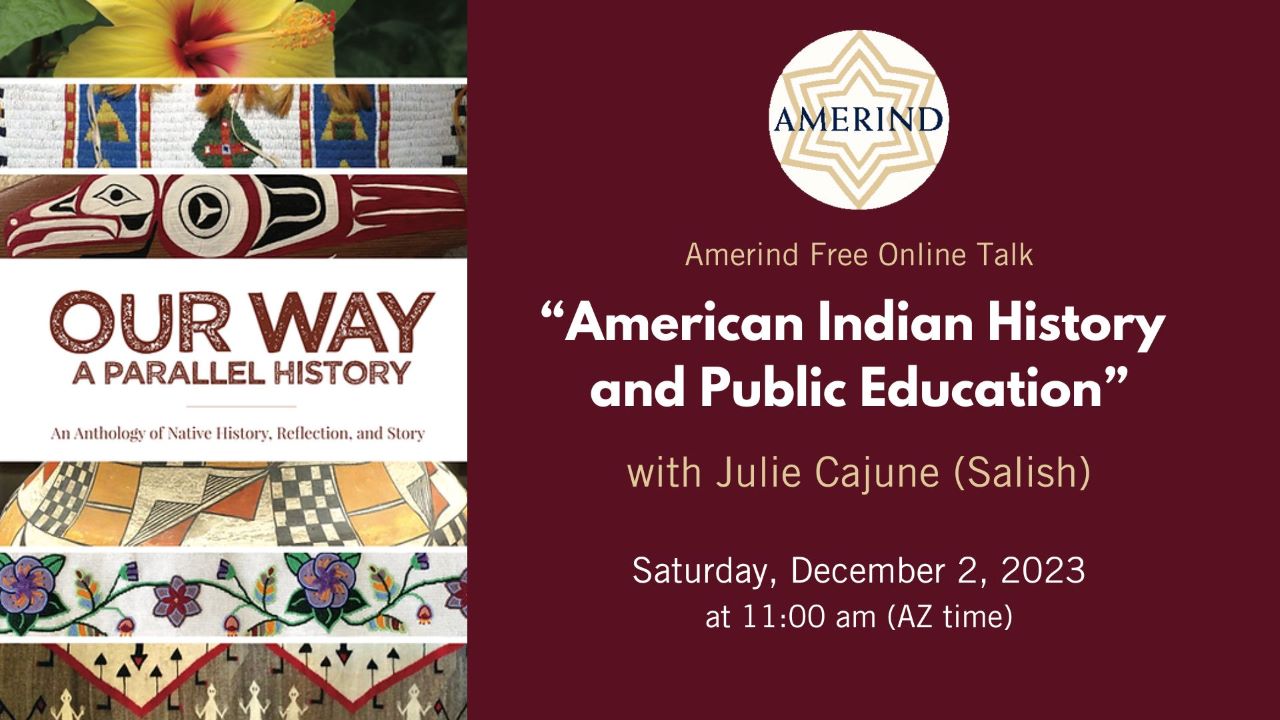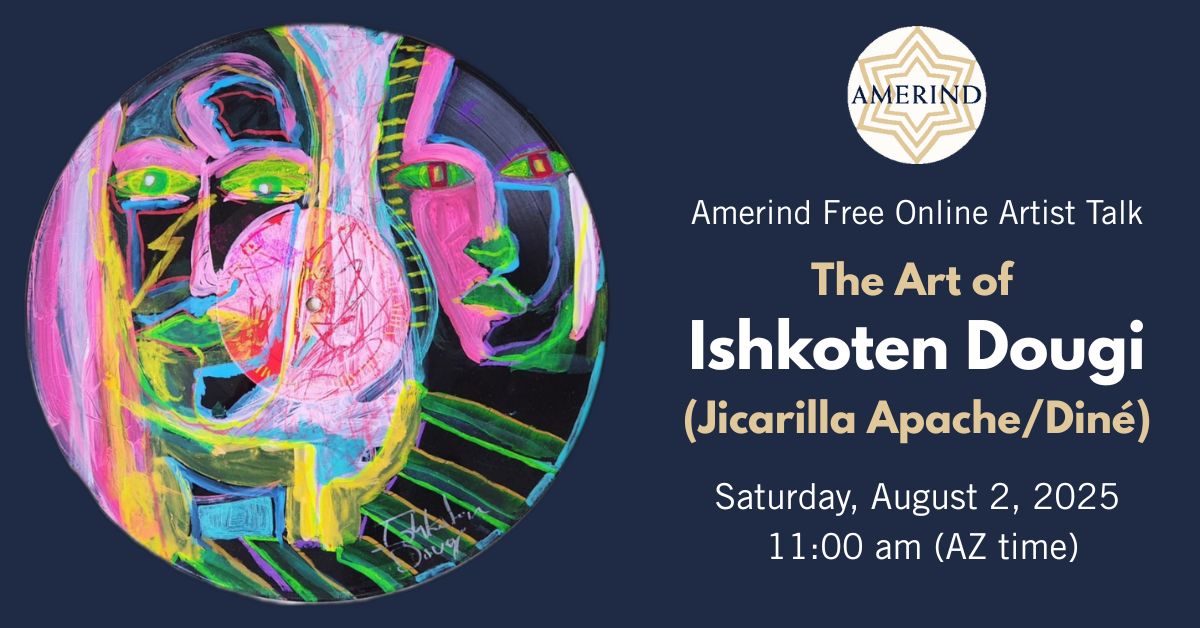
Amerind Free Online Artist Talk with Ishkoten Dougi (Jicarilla Apache/Diné)
Saturday, August 2, 2025
11:00 am (AZ time)
To register, visit: https://bit.ly/Online08022025Dougi
Please take this opportunity to join us on Saturday, August 2, 2025 at 11:00 am (AZ time) for an online artist talk with contemporary artist Ishkoten Dougi (Jicarilla Apache/Diné).
as he discusses his art, creative process, experience and more.
Ishkoten Dougi is a contemporary artist working in painting, stone sculpture, and mixed media. He grew up in Dulce, New Mexico, and attended the Institute of American Indian Arts in Santa Fe, NM. He also attended the Al Collins Graphic Design School in Tempe, AZ.
Ishkoten has developed a personalized style combining abstract imagery, creating narratives that stem from both modern and historical reflections on his roots and history. It’s celebrations as well as reminders of historical traumas that Native American communities have endured. Engaging the viewer with a visual dialogue in aims of connection and understanding.
“Whether it’s stone, mixed media or digital my creations are narratives of all that stems from my roots and history-my celebrations as well as the reminders of individuals massacred by manifest destiny or our bureaucratic standing at the time of culture clashing pitted in the timelines of countless land grabs which transformed what was dreamed for us in the beginning.”
Ishkoten is currently a full-time artist residing in Albuquerque, NM. He is widely collected and has been in numerous museum and gallery shows throughout the US.
We hope you will join us to learn about this colorful and fascinating artist!
Unsure if you will be able to watch live? Register using an email and we will send a recording of the talk later that evening.
